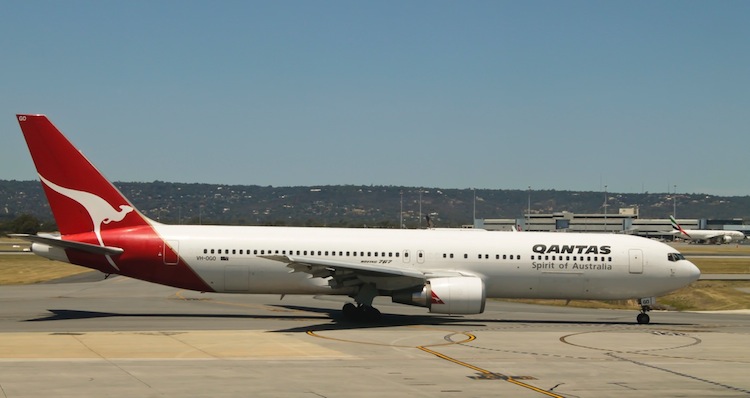
Qantas has guided the market to an underlying profit before tax in the first half of 2014/15 in the vicinity of $300 million to $350 million amid lower fuel prices and as the airline group’s cost cutting measures bear fruit.
The airline said in a statement released to the Australian stock exchange on Monday all of its business units were expected to be profitable in a first half where Qantas was forecasting its best financial result in four years.
Qantas chief executive Alan Joyce said the projected first-half result would be an improvement of about $500 million from the underlying loss of $252 million in the prior corresponding period, with the airline’s cost-cutting transformation program the “primary driver of the turnaround”.
“Today we confirm that Qantas is set to report its best first half result since 2010,” Joyce said in a statement on Monday.
“This demonstrates that the strategy we have outlined to transform our business is working.”
Qantas is in the middle of a three-year plan to take out $2 billion of costs from the business through measures such as increasing fleet utilisation, closing down call centres, retiring older aircraft and withdrawing from loss-making routes. The airline has forecast about 5,000 jobs will be cut over that three-year period.
The transformation program was on track to achieve $350 million in cost savings in the six months to December 31, 2014, having already achieved $204 million in benefits in the second half of 2013/14, Qantas said.
“Qantas is 12 months into a three-and-a-half-year program, but these strong early results give us the confidence that we will continue to meet all the targets we have set,” Joyce said.
“We are committed to completing the full, $2 billion program to ensure a sustainable, competitive position for the long term.”
Qantas, which was due to release its first half results on February 26 2015, said there would be an expected $30 million benefit from lower fuel prices in the first half of 2014/15.
Australia’s two major airline groups – Qantas and Virgin Australia – have benefitted from a more benign capacity environment so far in 2014/15, as growth in available seats slowed amid a still-sluggish domestic economy and after a bruising 2013/14 where both carriers posted heavy losses.
While Virgin has not provided market guidance for the first half of 2014/15, its chief executive John Borghetti told shareholders at the company’s annual general meeting in November the airline was expected to post an underlying profit for the three months to December 31 2014.




